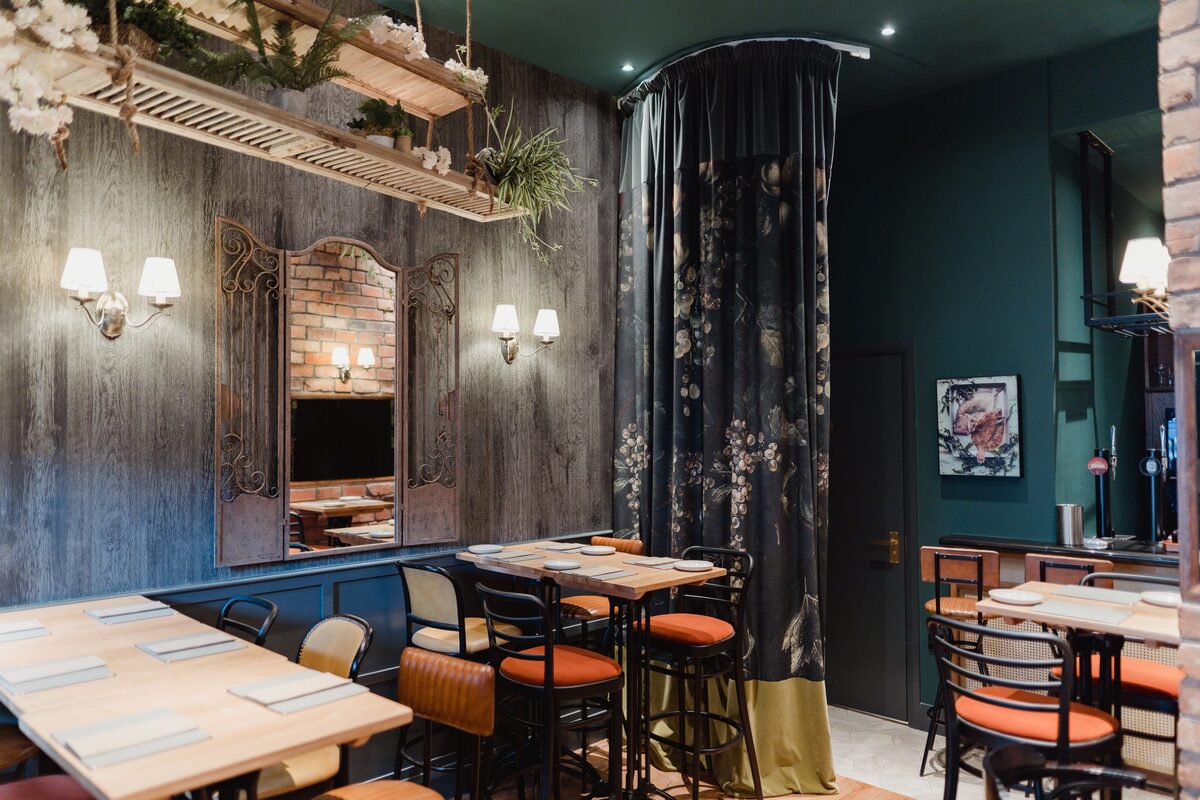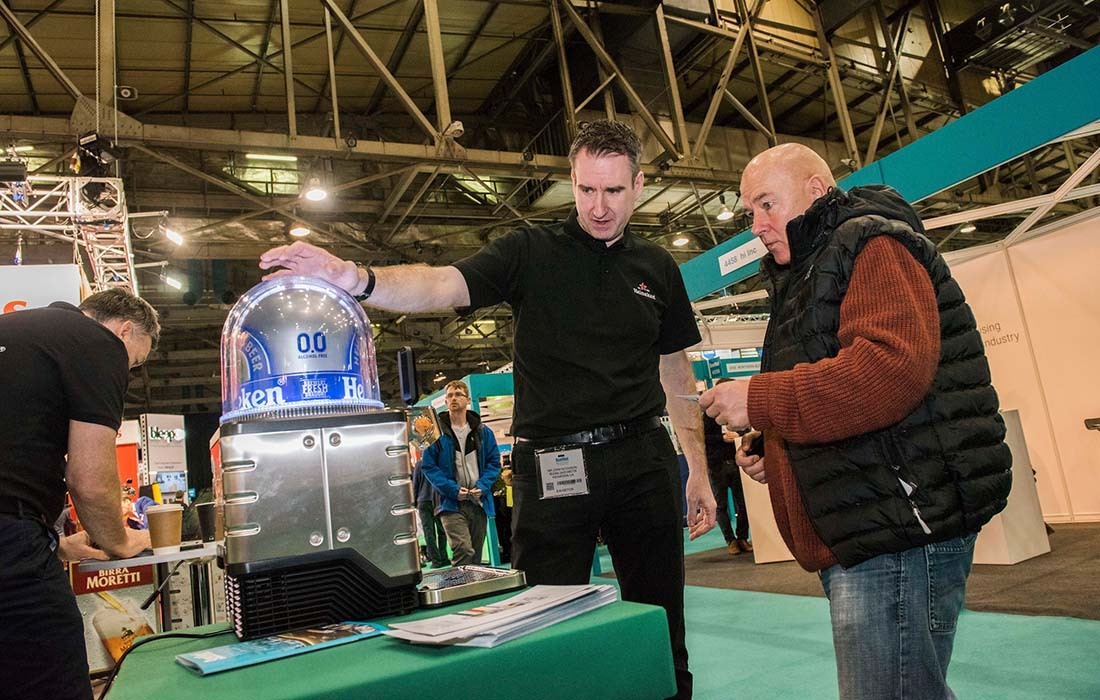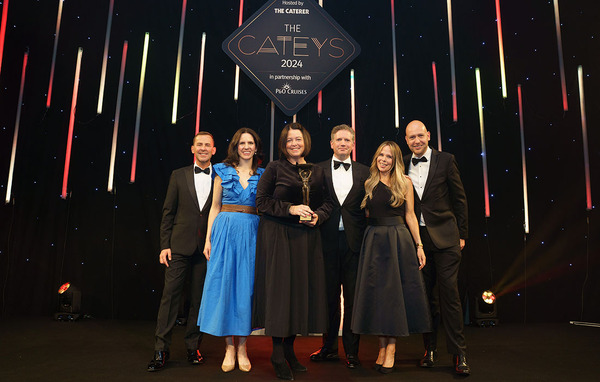Facial recognition and ecotourism key drivers for future hotel sector
Facial recognition software, ecotourism and personalisation are among the key trends that are predicted to drive the hotel sector in 2030.
The Savills' European Hotels Megatrends report suggests that facial recognition software will be in common use across hotels, targeting business travellers and speeding up check in, while hotel loyalty programmes will store increasing amounts of information on travellers' preferences to ensure each visit is personalised. 3D motion technology will also be available to enable travellers to interact in real time with colleagues in an immersive environment.
While the average hotel bedroom may shrink to accommodate larger communal spaces, rooms will be personalised with guests greeted by their favourite film on TV and their drink preference waiting in the mini bar as the hotel industry competes with home-sharing platforms.
The reports says hotels will polarise between online and offline. Most will offer superfast wifi, but others, unwilling or unable to compete, will be offline sanctuaries for travellers.
Ecotourism will be a way of life by 2030 and eco-hotels will no longer be exceptional. Approximately 73% of millennials and generation Z (the post-millennial generation) say they are prepared to pay more to travel sustainably, compared to 51% of baby boomers. To attract them, hotels will need to demonstrate their carbon footprint, generate their own energy, use fair trade products and support local communities, without compromising on comfort.
In terms of travel and tourism, the report predicts Europe will continue to be the preferred destination for a rising number of ‘silver' travellers from the EU, Asia and Middle East looking for activity and experienced-based getaways. Due to many younger travellers also seeking the same experiences, by 2030 there will be a crossover of generations visiting the same holiday hotspots.
Single holiday makers across all generations, who will form a larger proportion of travellers, will want to meet like-minded people without compromising on dates, location and activities. Hotels will therefore need to be more accommodating of those travelling alone and will have to consider removing/reducing single supplements. And with their confidence buoyed by increased digital connectivity, solo travellers will also venture beyond traditional city destinations to more obscure locations.
Social media will drive travellers seeking ‘the inaccessible' to impress their followers. Destinations that challenge expectations, were previously perceived as ‘risky' and/or are very hard to access will be in demand. Extreme and ostentatious activities will also be more popular for the same reason.
George Nicholas, global head of hotels at Savills, said: "Young travellers prioritise ‘experience' and create bespoke trips to maximise their leisure time, making them dubious of impersonal hotels and of following well-trodden tourist trails. Alongside this, you have the already well-travelled baby boomers who are not willing to compromise on comfort or experience as they grow older. Hotels therefore will need to focus on what they can provide that is truly unique and how they can tailor and personalise their offer, be that for a 22-year-old single traveller or a 65-year-old couple, to continue to capture their custom in 2030."
Alice Marwick, European research analyst at Savills, added: "Ecotourism will be mainstream by 2030 and therefore will be impossible to ignore: those hotels that fail to demonstrate their eco-credentials, when faced with competitors at a similar price point that do, are set to lose out. Given continued growth in social media use, hotels may also need to decide which side of the digital divide they fall on: committing to either providing a fully-integrated digital experience or stepping away and offering a reflective, unplugged environment."
The future of Epos: convenience is king >>
IHIF: a 20/20 vision of hospitality's future >>
Videos from The Caterer archives


















